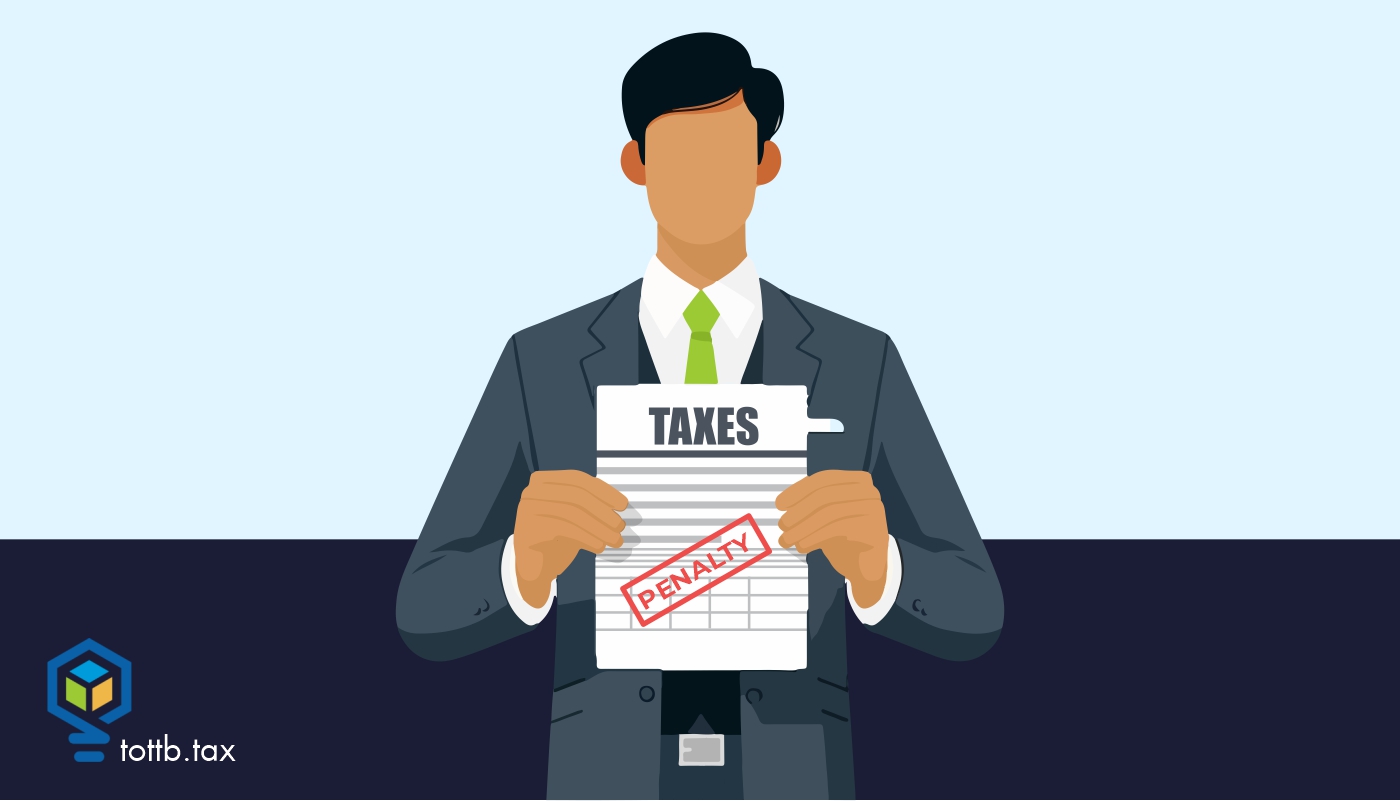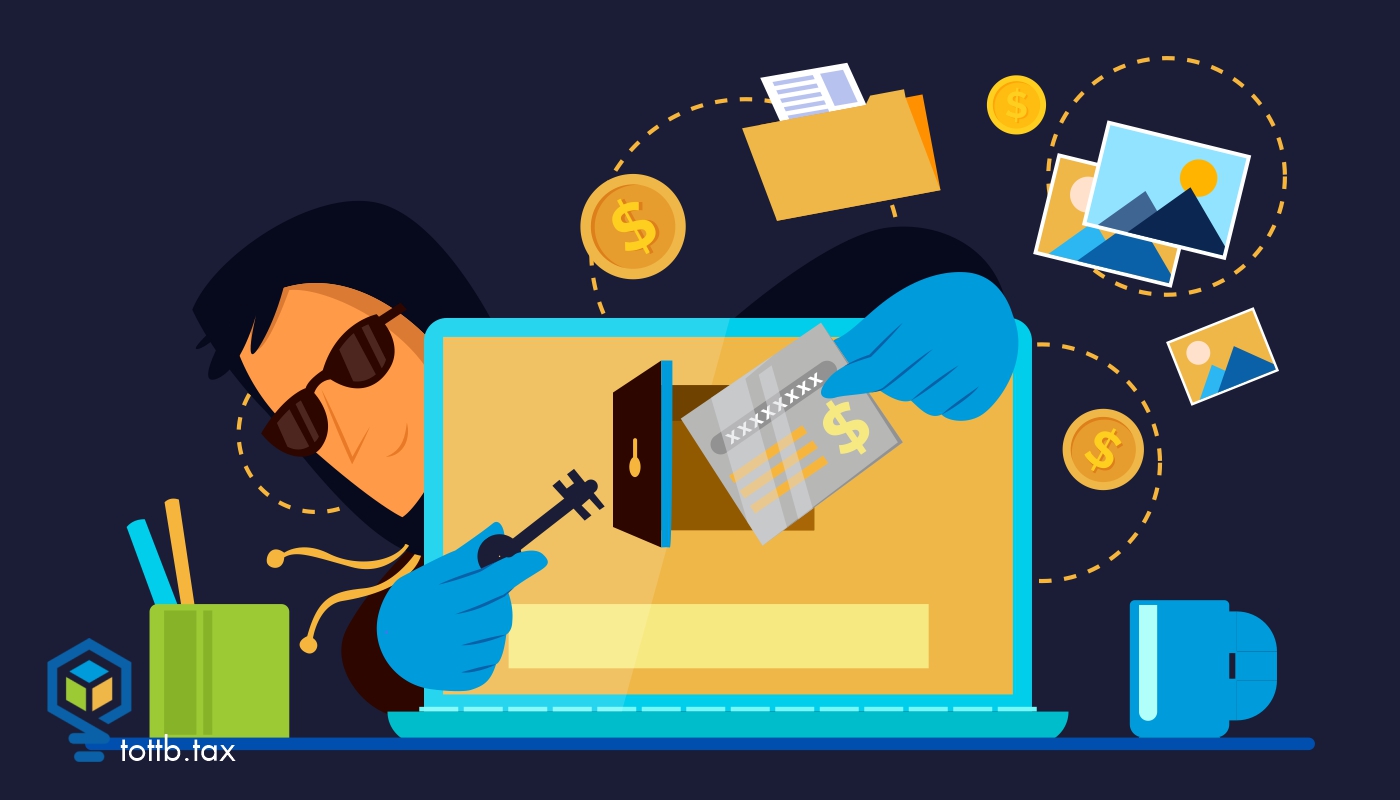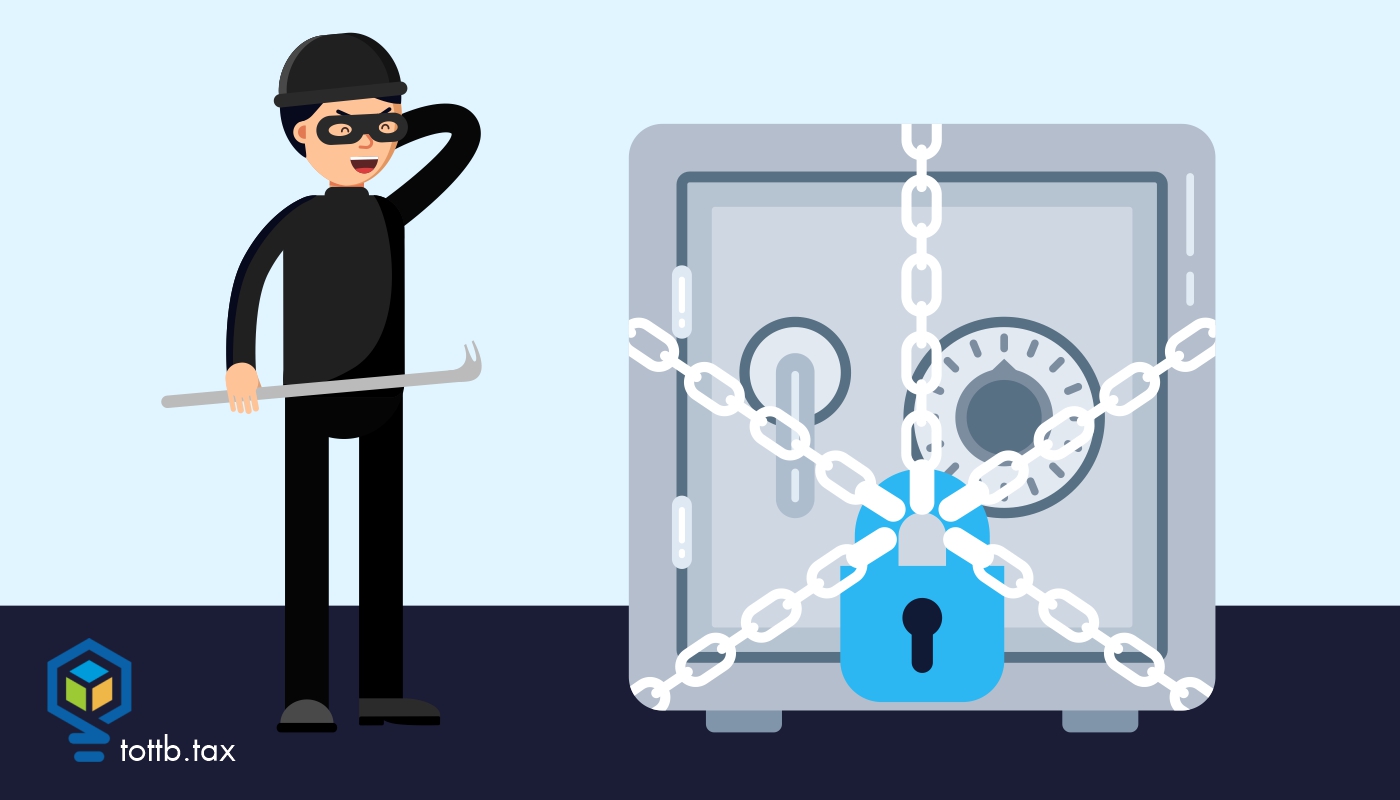CURRENT EDITION

Summertime Marketing in Your Tax & Accounting Firm
Tax season is prosperous, summer is dry until extension season. Do you find yourself in that cycle? Clients are “easy” to get during tax season when taxes are top of mind. Then the direct deposits go dry by June, and you are looking for what’s next. Stop the search, you don’t have to add another service. You need better marketing to highlight the service that you offer and specialize in. This will allow you to have a predictable client pipeline. You can do tax preparation, planning, and or representation all year long.
READ MOREDon’t Let the IRS Put Your Client in The Penalty Box
There’s only one thing worse than your client overpaying their taxes when you could have helped them – them not paying enough in taxes and having to deal with penalties as well. It's like adding insult to injury. There is only so much that we can do to help our clients avoid penalties. Educating ourselves, so we can educate our clients, is a big part of that. Penalties are inevitable, but that doesn't mean that the client must max out their penalties. But it also doesn't mean that we should not do our due diligence to avoid penalties where possible.
Read MoreRemind Your Clients About Higher-Education Tax Credits
A new school year is here and, for many families, so are the worries over the cost of tuition and other college expenses. The cost keeps skyrocketing every academic year, and these days that diploma comes with an average of almost $29,000 in debt for most graduates. Many of them also carry that debt well into middle age. Families paying for these educations need every break they can get. The federal government offers education tax credits (and other tax breaks on college costs), but don’t assume your client has the brain space at this stage of life to learn about them. Even your clients who can afford college would appreciate learning about ways to save on higher education. Here’s what to tell them.
Read MoreLeveraging LinkedIn for Accountants: Building a Strong Professional Network
Networking has transcended physical boundaries into a digital world in the last five years. Of all the social media platforms, LinkedIn stands out as ideal for professionals across industries to connect, engage, and build meaningful relationships. For accountants, leveraging LinkedIn effectively can be a game-changer in expanding their professional network, attracting clients, and establishing thought leadership. In this article, I will discuss how accountants can harness LinkedIn's power to enhance their visibility, credibility, and business success. Some features are only available in Business or premium membership. Still, I am providing you with all the resources LinkedIn offers. Let's get started.
Read MoreKovel: Attorney-Client Privilege for Tax Professionals
Twice in my four-decade career, two special agents from IRS Criminal Investigation (CI) entered my office armed with a search warrant, firearms at their side. In both cases, it started the same way.
Read MoreGone Phishing: Don’t Get Scammers Catch You!
Today’s criminals are using more than hooks and lines (more like huge trawling nets), and they are looking for small as well as really big fish. If you think your tax practice is too small to be a target, you’re wrong. And you probably know that. You are probably well aware of the phishing and smishing (using SMS/text messaging) attempts that try to gain access to your firm’s computers and/or computer network.
Read MoreData Security: Understanding Your Responsibilities
Are you aware of your responsibilities when it comes to securing data? Do you know what your software vendor is doing with your data—and, more importantly, your client’s data? Signing up for a new service or software is often done without any thought of the consequences to the data that you are legally required to protect. The average tax professional uses many different types of software and services when working with a client. Many tax pros are unaware that this often requires consent to be obtained prior to using their client’s information and that failure to do so can result in significant fines and even criminal penalties.
Read MoreHow to Fight Tax-Related ID Theft
Every tax season brings out the crooks and scammers trying to steal money and sensitive information using tax-related schemes, and even though we’re still a few months out from the beginning of filing season, it’s important to always be aware of threats out there and how you can combat them. Tax authorities like the IRS have countered these scams with electronic defenses that offer protection for both clients and tax preparers. Here’s a look at a few.
Read MoreTAX COURT ROUNDUP – September 2024
Much happening, even in August. This has hardly been a lazy hazy summer.
Read MoreNOT A MEMBER YET?

SUBSCRIBE TO GET ALL OF OUR
GREAT ARTICLES AND RESOURCES!
CURRENT EDITION

Summertime Marketing in Your Tax & Accounting Firm
Tax season is prosperous, summer is dry until extension season. Do you find yourself in that cycle? Clients are “easy” to get during tax season when taxes are top of mind. Then the direct deposits go dry by June, and you are looking for what’s next. Stop the search, you don’t have to add another service. You need better marketing to highlight the service that you offer and specialize in. This will allow you to have a predictable client pipeline. You can do tax preparation, planning, and or representation all year long.

Observations on the House-Passed OBBB
This article focuses on the OBBB from the House offering a variety of observations to help understand the range of changes, relevance to compliance and planning, process considerations and some unexpected provisions. While the final OBBB will not include all of the House provisions or will modify some of them, there are lessons to learn to understand the tax legislation process and results now and in the future.

Client Retention as a Prospecting Strategy: Turning Current Clients into Referral Sources
In the competitive accounting world, where trust and reliability are paramount, client retention is not just a success metric—it’s a vital strategy for sustainable growth. For Certified Public Accountants (CPAs), accountants, and bookkeepers, maintaining a solid relationship with existing clients can unlock new business opportunities, turning satisfied clients into powerful referral sources.









